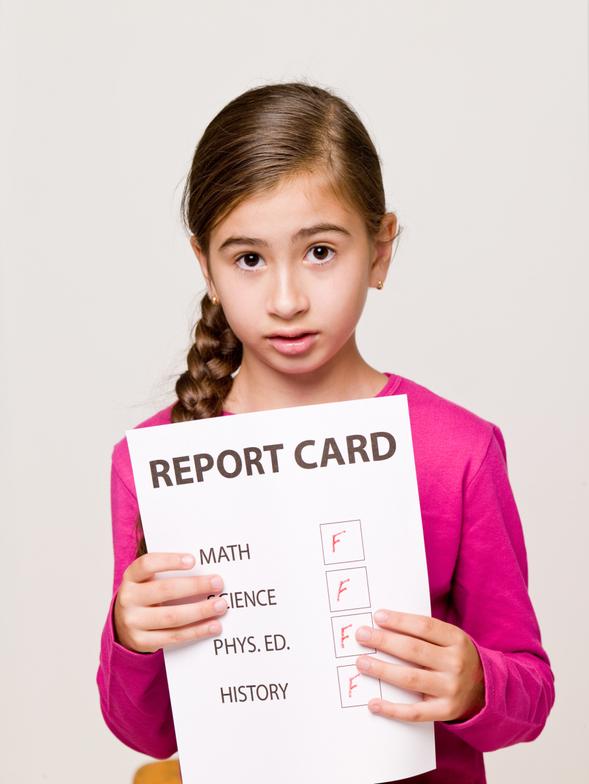Total Thyroid
17 Davis Blvd Suite 304
Tampa Florida 33606
813.253.2333
CHILDREN AND TEENS WITH THYROID DISORDERS
WELCOME
Problems with the thyroid gland may actually begin in the womb. If a mother has an autoimmune thyroid disorder, the most common cause of thyroid problems in the U.S., then her unborn child's thyroid function can also be impaired.
Maternal antibodies produced against a woman's thyroid can affect her developing child's thyroid. The mother's treatments, such as iodine supplementation, can also adversely affect the baby's thyroid function.
It is essential that newborns and children of mothers with a thyroid problem be screened for low thyroid function.
Symptoms of Hypothyroidism in Infants
- Jaundice (yellowing of the skin, eyes, and mucous membranes)
- Hoarse cry
- Poor appetite
- Umbilical hernia (navel protrudes out)
- Constipation
- Slow bone growth
Symptoms of Juvenile Hypothyroidism
- Slower growth, possibly resulting in abnormally short extremities
- Delayed tooth development
Symptoms of Hypothyroidism in Adolescents
- Slowed growth
- Difficulty focusing, may experience "brain fog"
- Delayed puberty
- Fatigue
- Hoarse voice
- Sleepiness
- Slow speech
- Droopy eyelids
- Puffy and swollen face
- Hair loss or thinning hair
- Dry skin and/or hair
- Slow pulse
- Racing heart
- Weight gain especially in the abdominal area
- Digestive complaints - bloating, abdominal distension, constipation, diarrhea
Hypothyroidism Treatments
Congenital hypothyroidism (CH) is usually found during routine screening in newborns. Approximately one out of every 4,000 newborns is diagnosed with CH each year. Left untreated in newborns, hypothyroidism can lead to intellectual disability.
Subclinical hypothyroidism (SCH), is generally defined by a normal total or free T4 level and a mildly elevated TSH. It is relatively common in children.
When assessing a child for hypothyroidism, the same conditions which can contribute to autoimmune hypothyroidism in adults, should be considered. These include but are not limited to food allergies, leaky gut syndrome or intestinal hyper-permeablity, low HC1 (stomach acid), etc.
A recent study related subclinical hypothyroidism (SCH) and Type 1 diabetes mellitus ( T1DM) in children and adolescents posed a greater risk of developing cholesterol and cardiovascular problems in adulthood.
Eur J Endocrinol. 2013 Mar 15;168(4):601-8. doi: 10.1530/EJE-12-0703. Print 2013 Apr.
Division of Pediatric Endocrinology and Diabetes, Department of Pediatrics and Adolescent Medicine, University Medical Center Ulm, Ulm, Germany. christian.denzer@uniklinik-ulm.de
Schedule an evaluation for your child today.
There are natural treatment options.
(813) 253-2333
The patient and any other person responsible for payment has the right to refuse to pay, cancel payment or be reimbursed for payment for any other service, examination or treatment which is performed as a result of and within 72 hours of responding to the advertisement for the free, discounted or reduced fee for services, examination, or treatment.
17 DAVIS BLVD. SUITE 401, TAMPA, FL. 33606 813-253-2333


